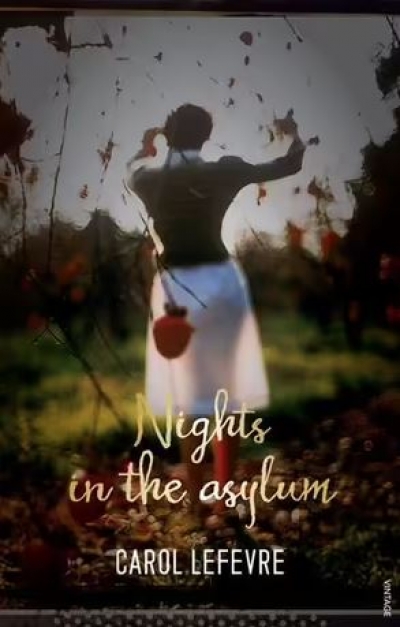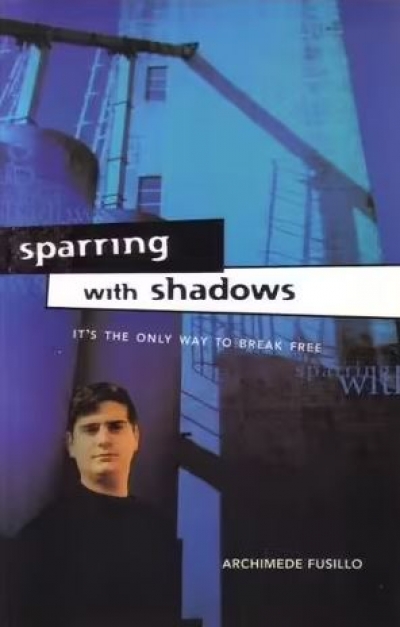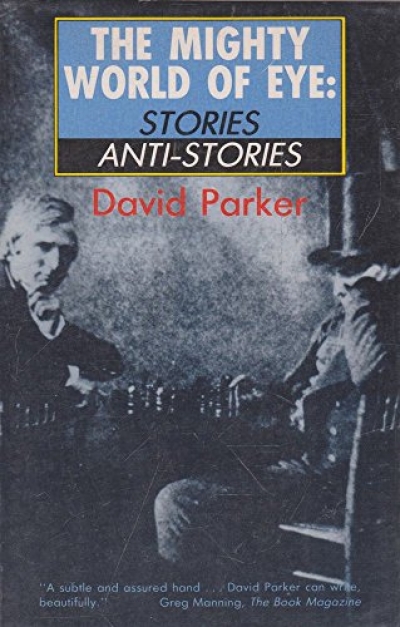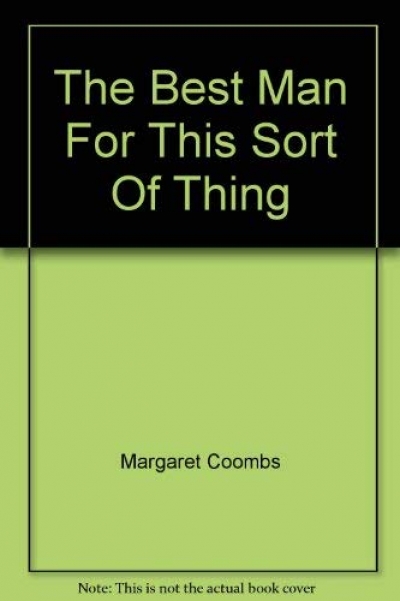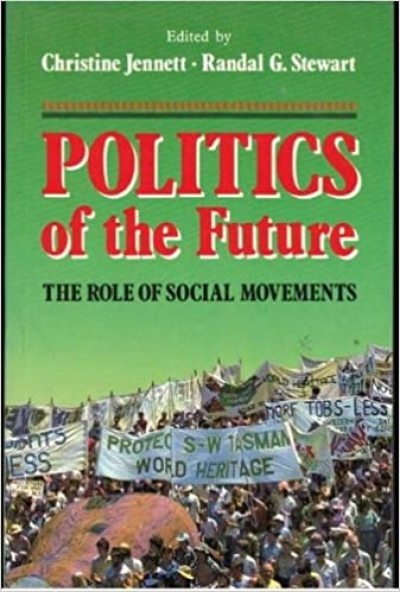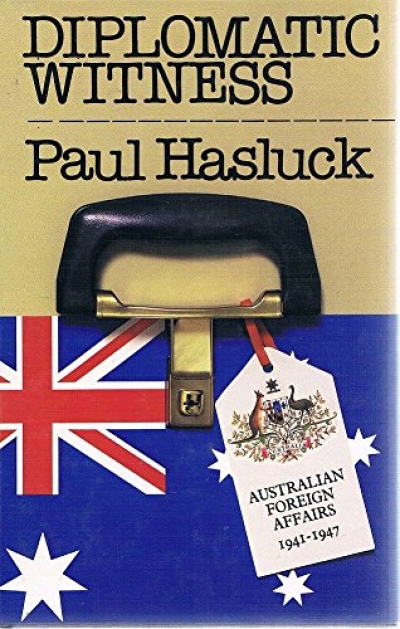Archive
Film | Theatre | Art | Opera | Music | Television | Festivals
Welcome to ABR Arts, home to some of Australia's best arts journalism. We review film, theatre, opera, music, television, art exhibitions – and more. To read ABR Arts articles in full, subscribe to ABR or take out an ABR Arts subscription. Both packages give full access to our arts reviews the moment they are published online and to our extensive arts archive.
Meanwhile, the ABR Arts e-newsletter, published every second Tuesday, will keep you up-to-date as to our recent arts reviews.
Recent reviews
The Mighty World of Eye: Stories/Anti-Stories by David Parker
The Politics of the Future: The role of social movements by Christine Jennett and Randal G. Stewart
Writing a biography of any practising politician is a difficult task: you are more or less beholden to your subject, and the book can end up an exercise in diplomacy instead of perception. Writing a book about Bill Hayden, who has been called an enigma, a Hamlet, and a Cassandra, is double difficult. Writing about Hayden without Hayden’s help (he ‘was able to squeeze in only limited interviews’) is almost impossible.
... (read more)
